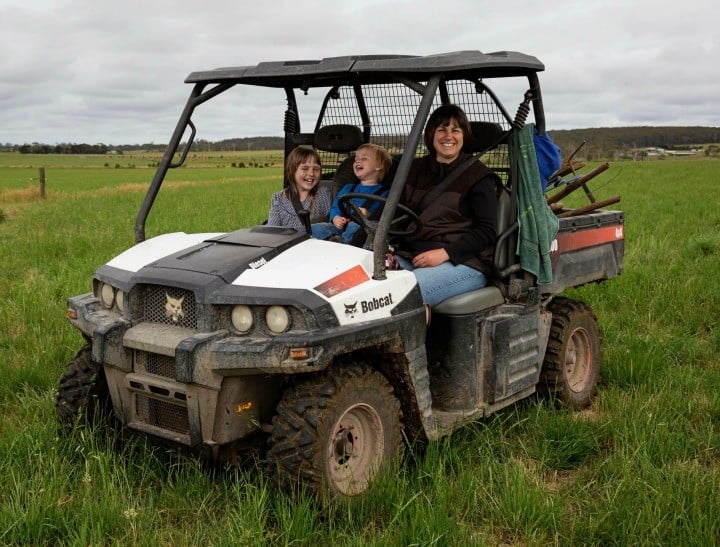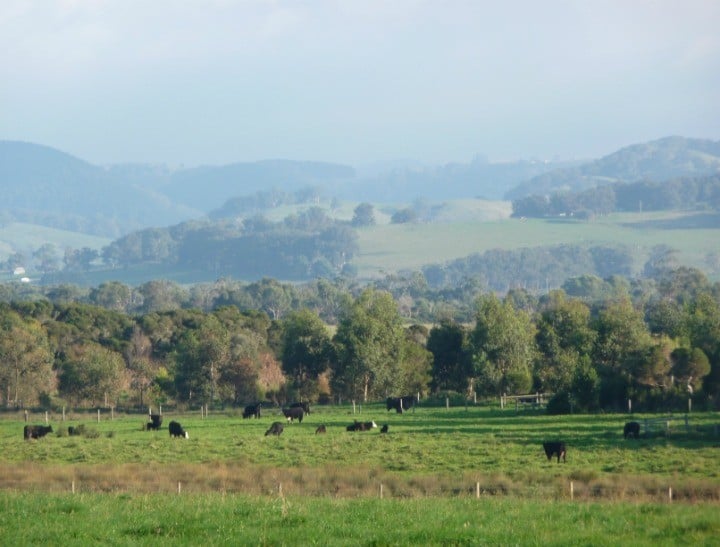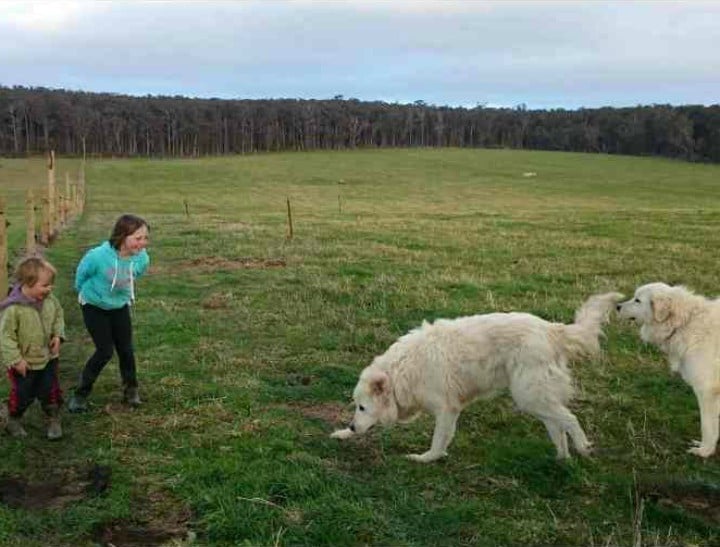
What life is really like for Australian farmers as they deal with a changing climate.
I had “the talk” with our nine-year-old daughter out in the paddock the other day. No, not the time-honoured one about where babies come from but something more modern: climate change.
On that glorious morning, whether she knew it or not, she was supposed to be doing her bit to combat the impacts of climate change by planting trees on the farm. Instead, she’d recruited her little brother to campaign for a handsome bounty in exchange for their services. Perched high up on a trailer bristling with 1700 seedlings, the pair demanded a dollar per tree.
“Actually,” I began, “these trees are really being planted to benefit you guys, not me. So, if it’s a dollar a tree then get ready to pay up big time.”
“What do you mean?” she asked, incredulous.
Making grass angels in the lush spring pasture, we watched puffy clouds overhead as I told her how much they had changed since I was a little girl.



Top Comments
Over 20 years ago my friends and I helped my dad plant had hundreds of trees on his farm through Landcare. They are now fully developed. As a kid I never thought they would be. This brought back memories.
Farmers can adapt to a certain extent. Israel has a huge horticulture industry in what is basically desert. Problem is we are screaming towards 3-4C by 2100. Over 4 C we are talking end of civilization, poles fully melt, population starves/drowns. End up with a few hundred thousand survivors camped around Siberia watching the world as we know it wind down. Population is out of control and this issue is probably the biggest reason we are where we at. We will make changes but they will not be enough or fast enough. 1.5 B Indians want to use electricity like we do, who is going to stop them. 20 years of neo con morons in the US and here have stopped effective action. If you voted for any of these idiots you are to blame.
Oh for heavens sake....calm down....you have been completely and utterly fooled.
What are your qualifications guest?
It's true. If you voted for neocons knowing they would try and block efforts to address climate change then you are to blame.
What where the authors? I understand the satellites show no warning for the last 18 years, about half the time they have been operational. So it's an interesting definition of screaming towards 3-4 degrees of warming by 2100.
Phil Jones is well qualified in this area, he just gets mad when the predictions of warming don't happen and then tries to hide the data. Dose of salt for any expert who doesn't address the pause even the IPCC admits is happening. Anyway, if we listen to Former climate commissioner Flannery our dams would never be full and Perth would be a ghost city.
Maybe man is causing some climate change, maybe not, maybe not enough to spend trillions on around the world. But what we do know is climate alarmists keep making hysterical claims that keep flopping.